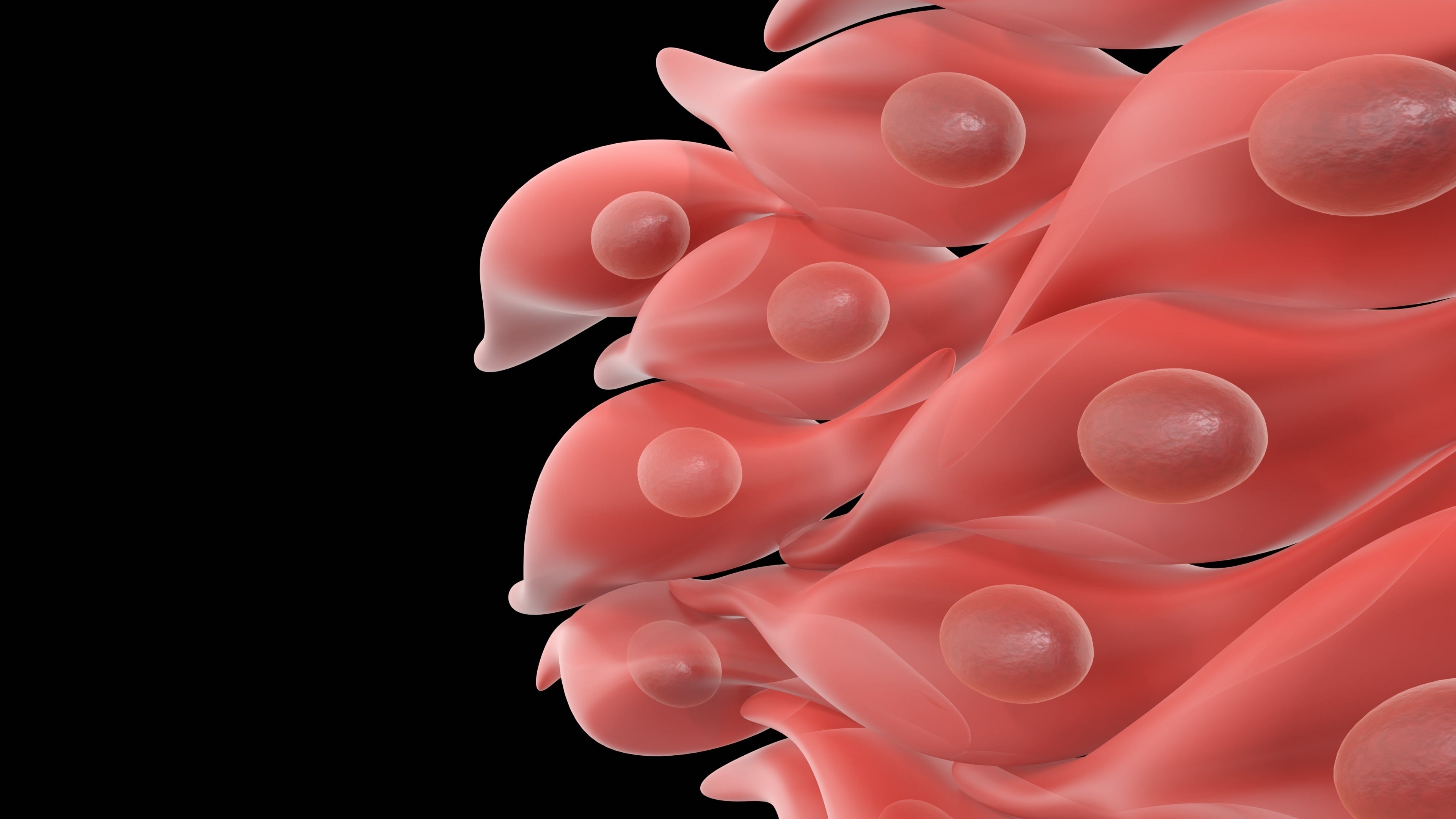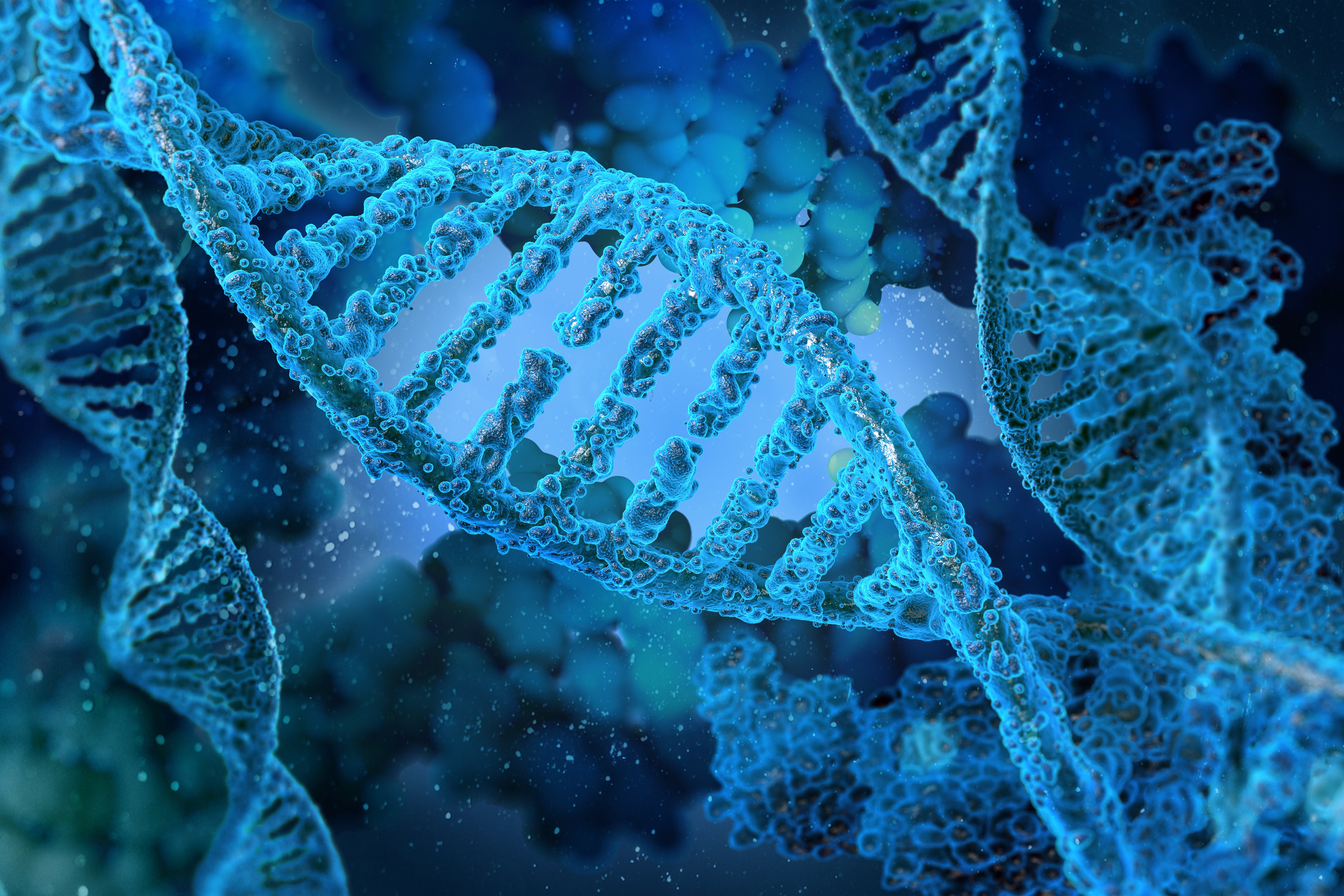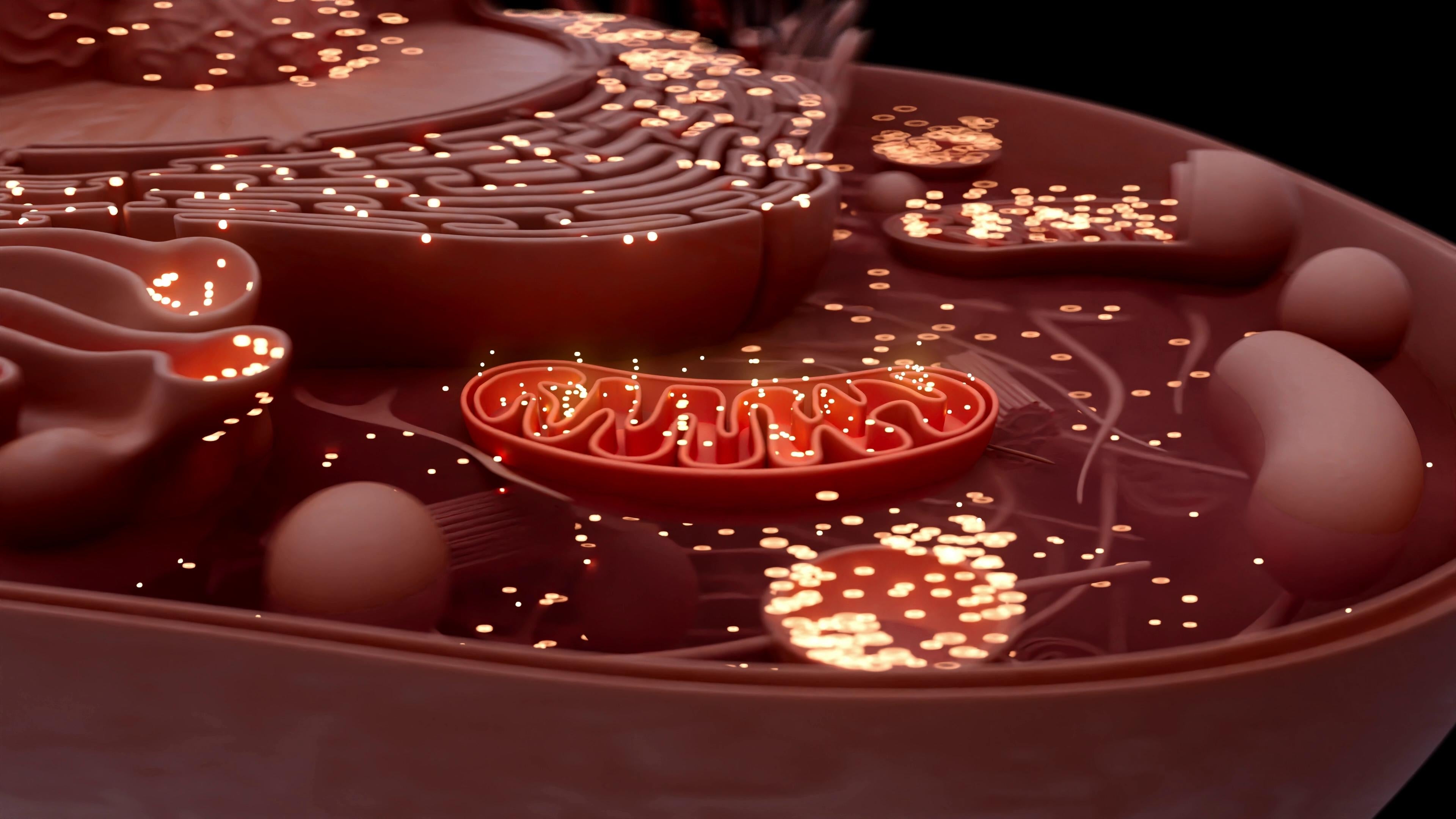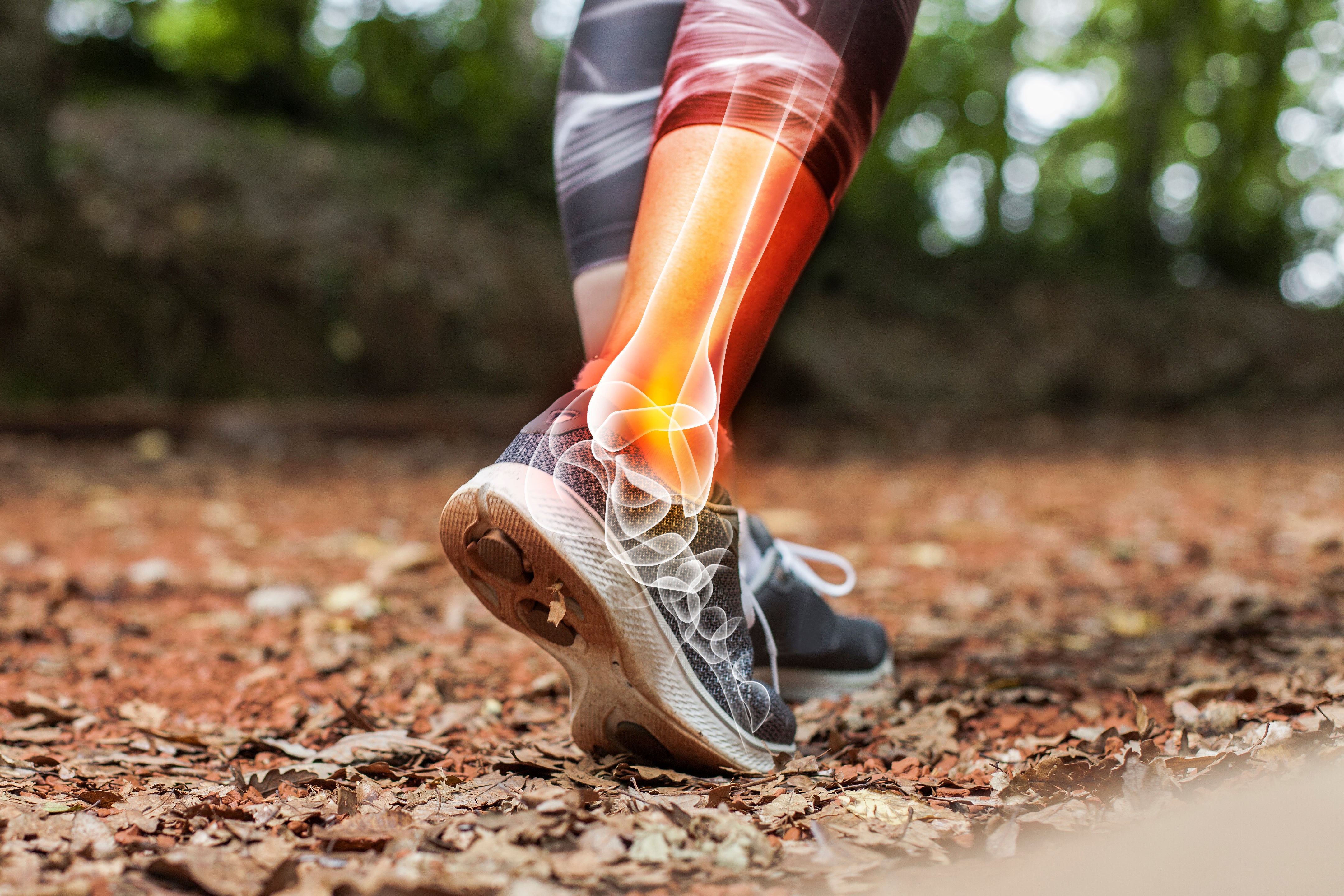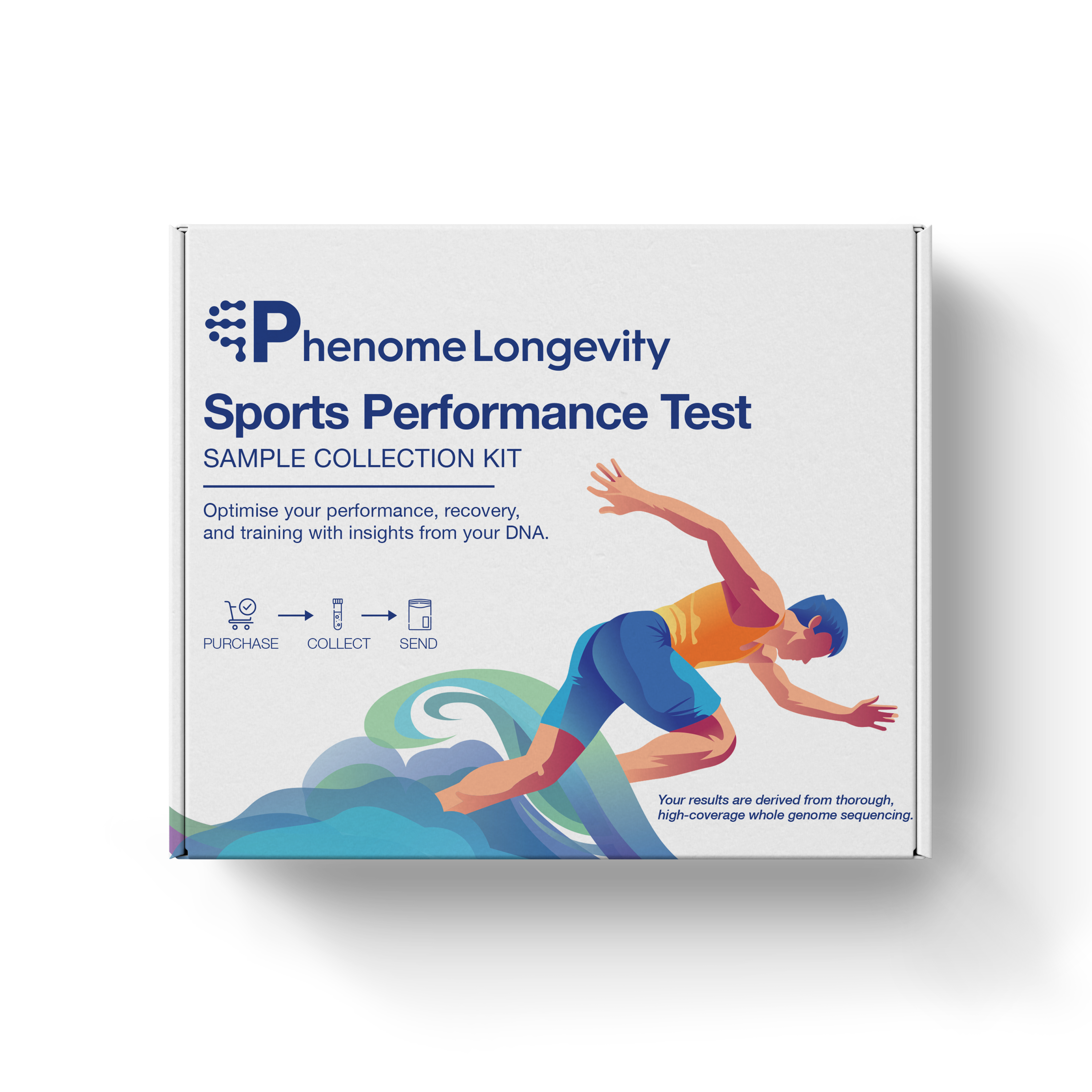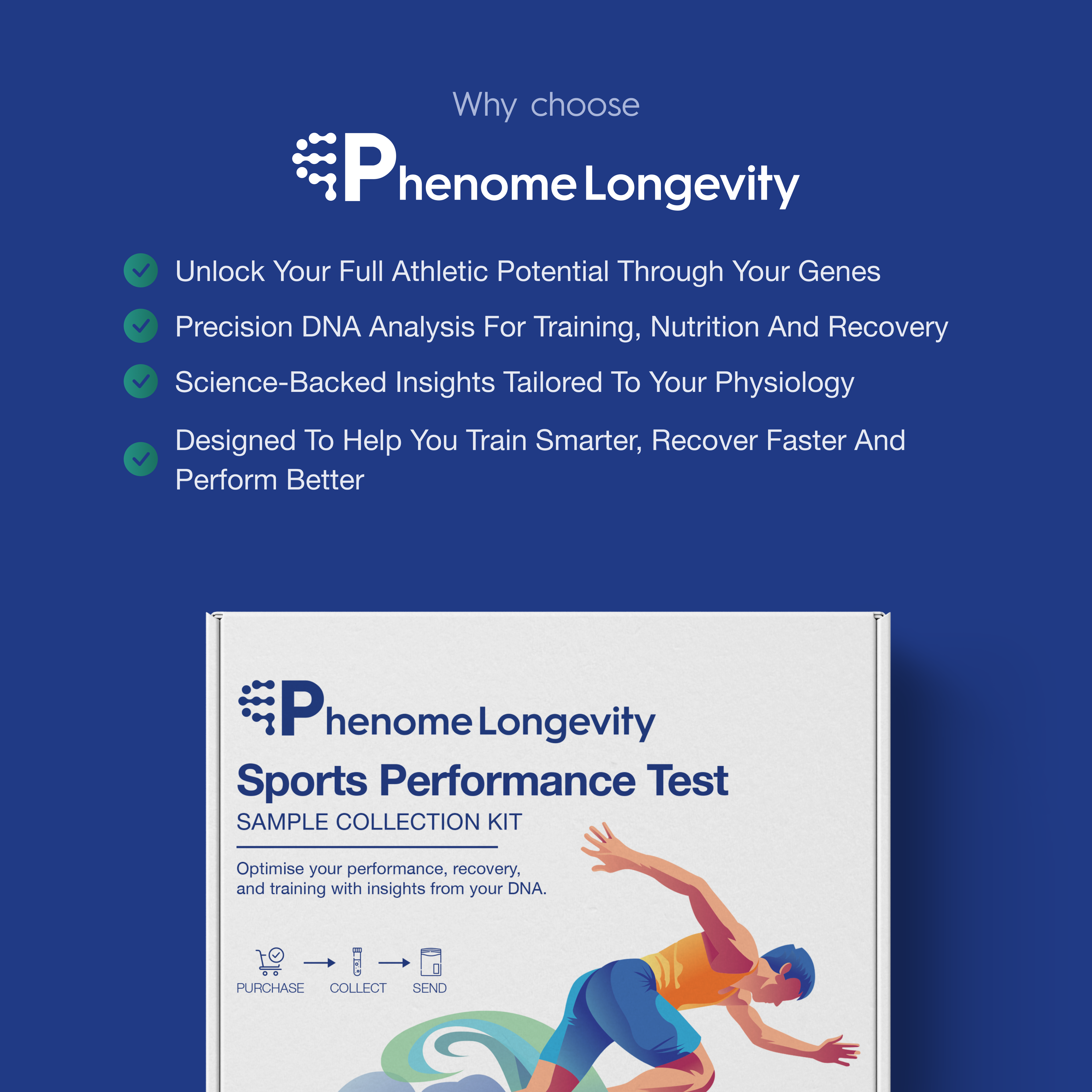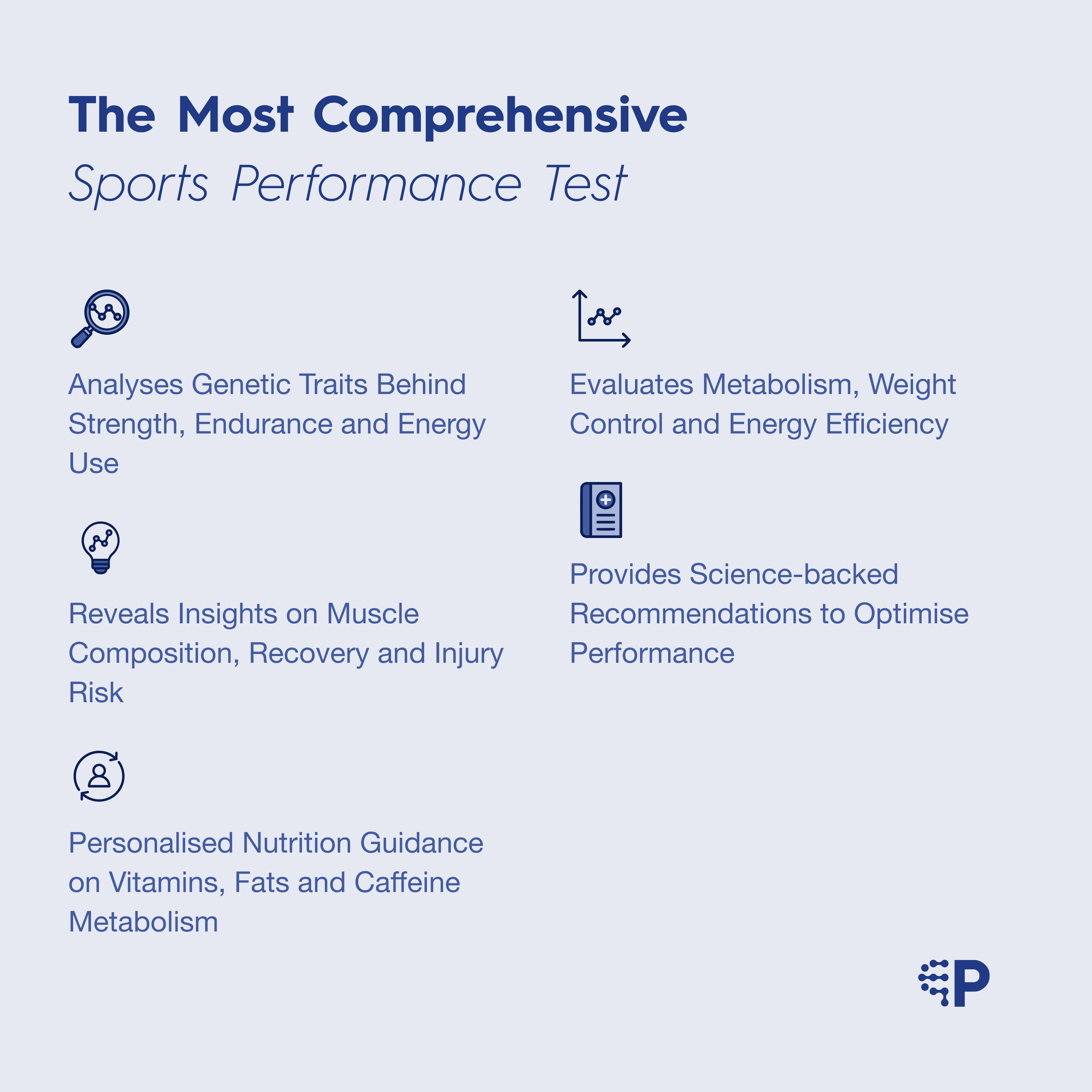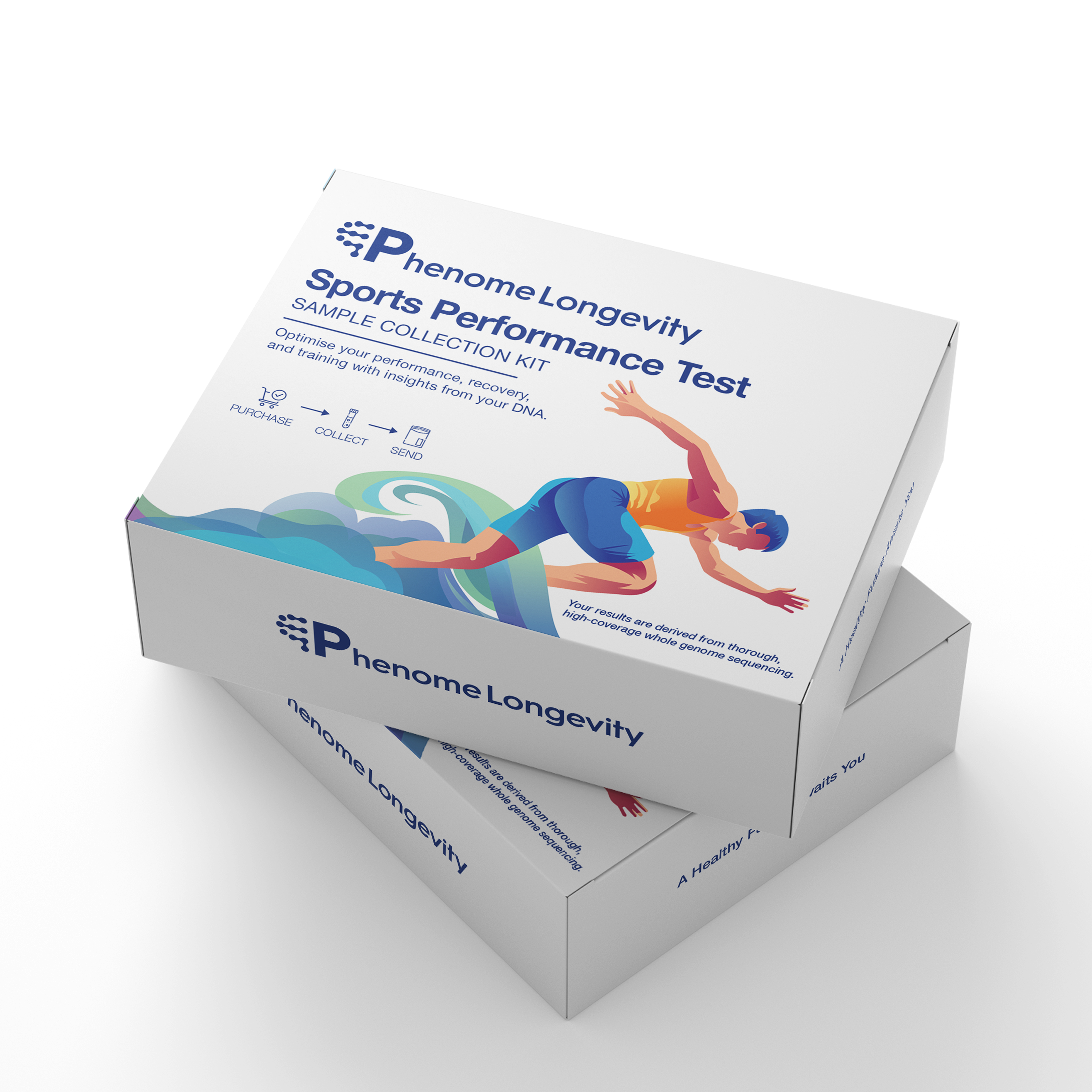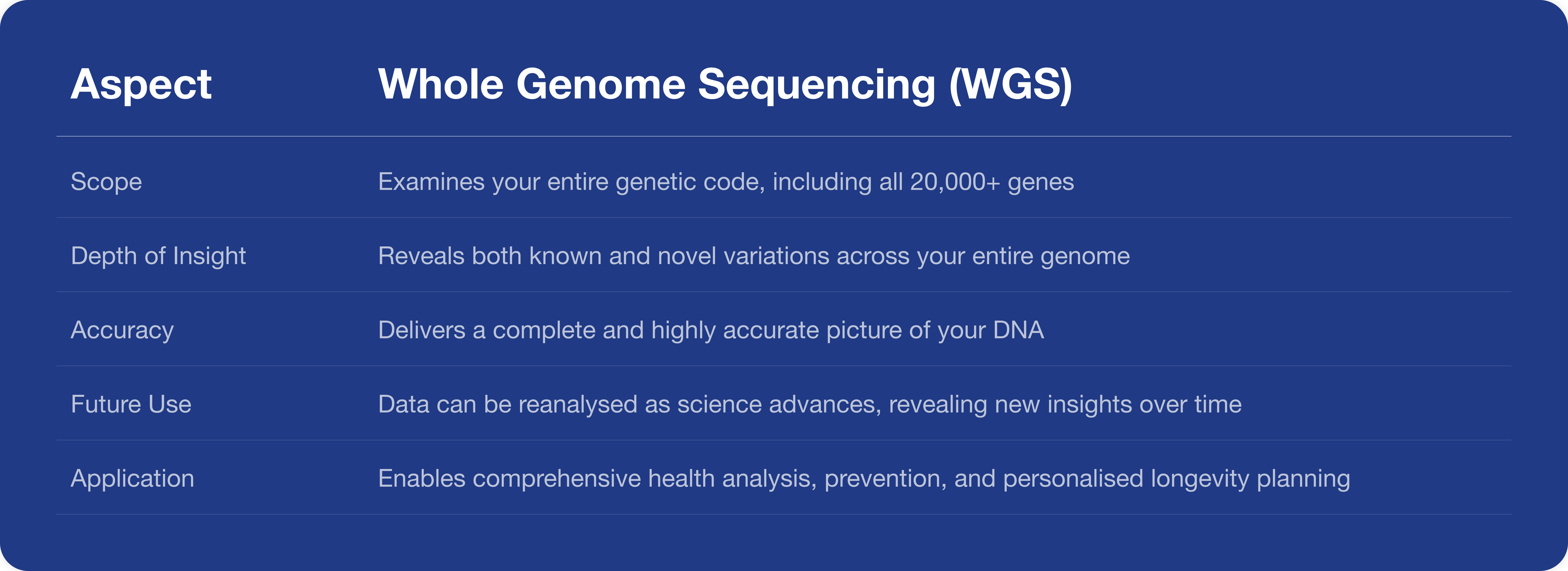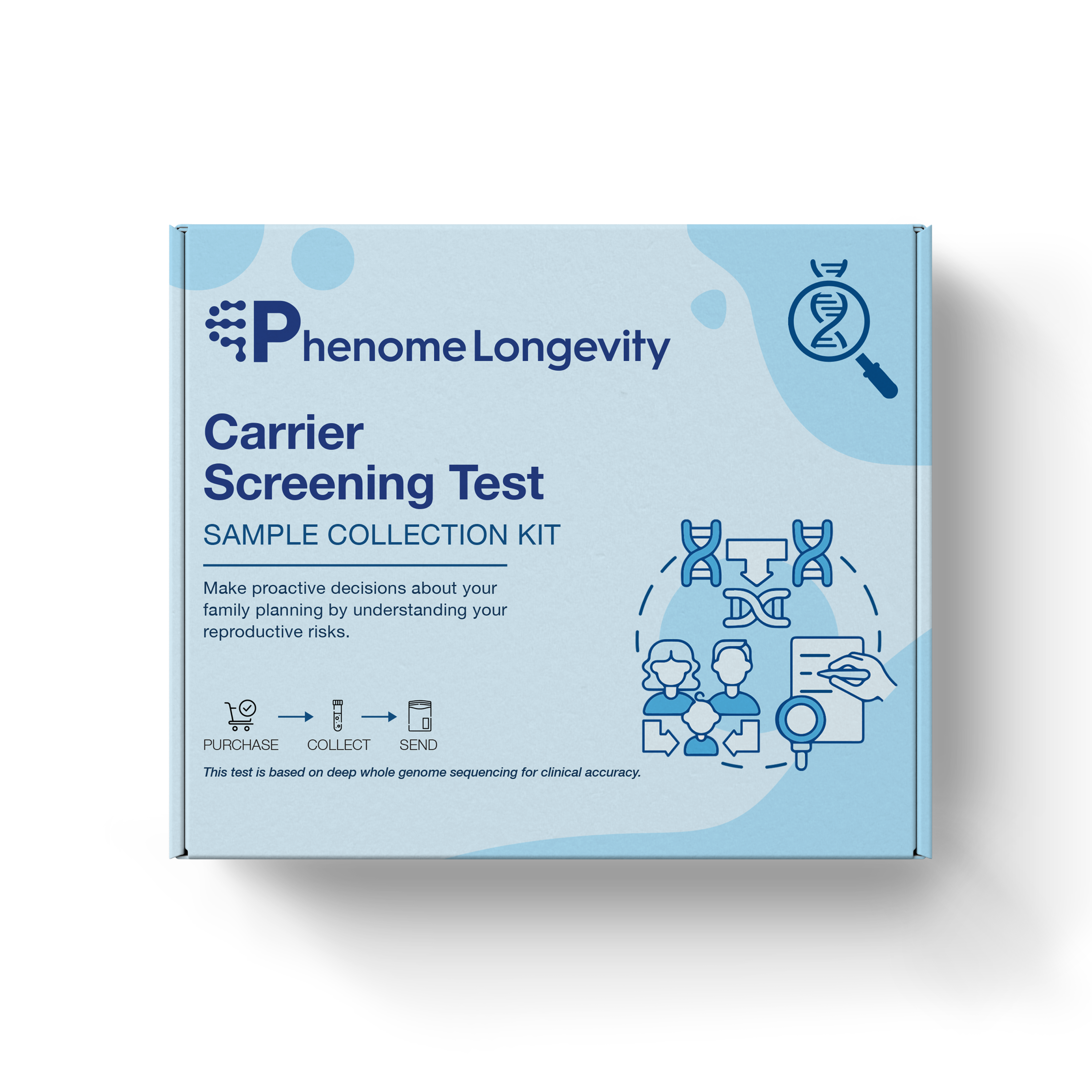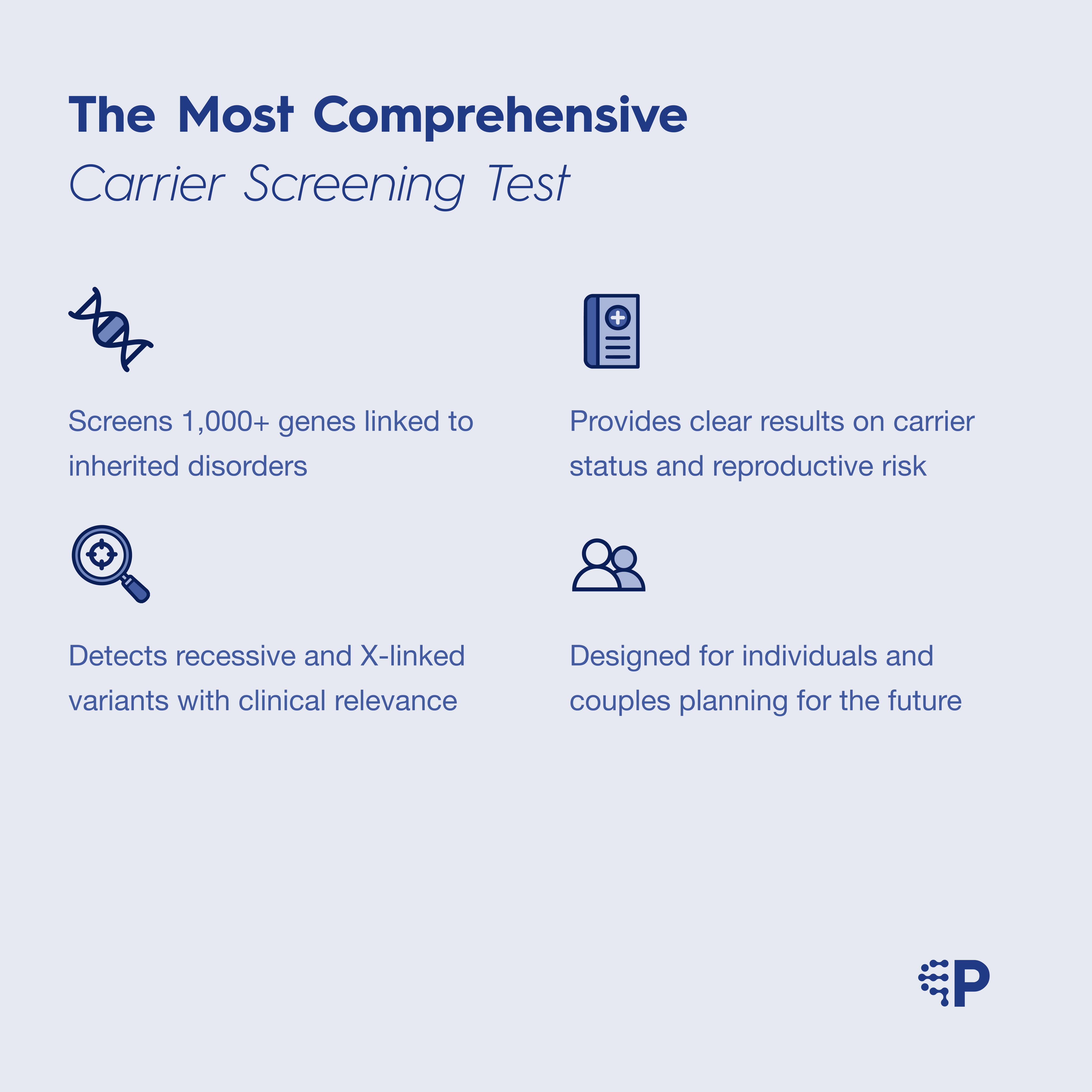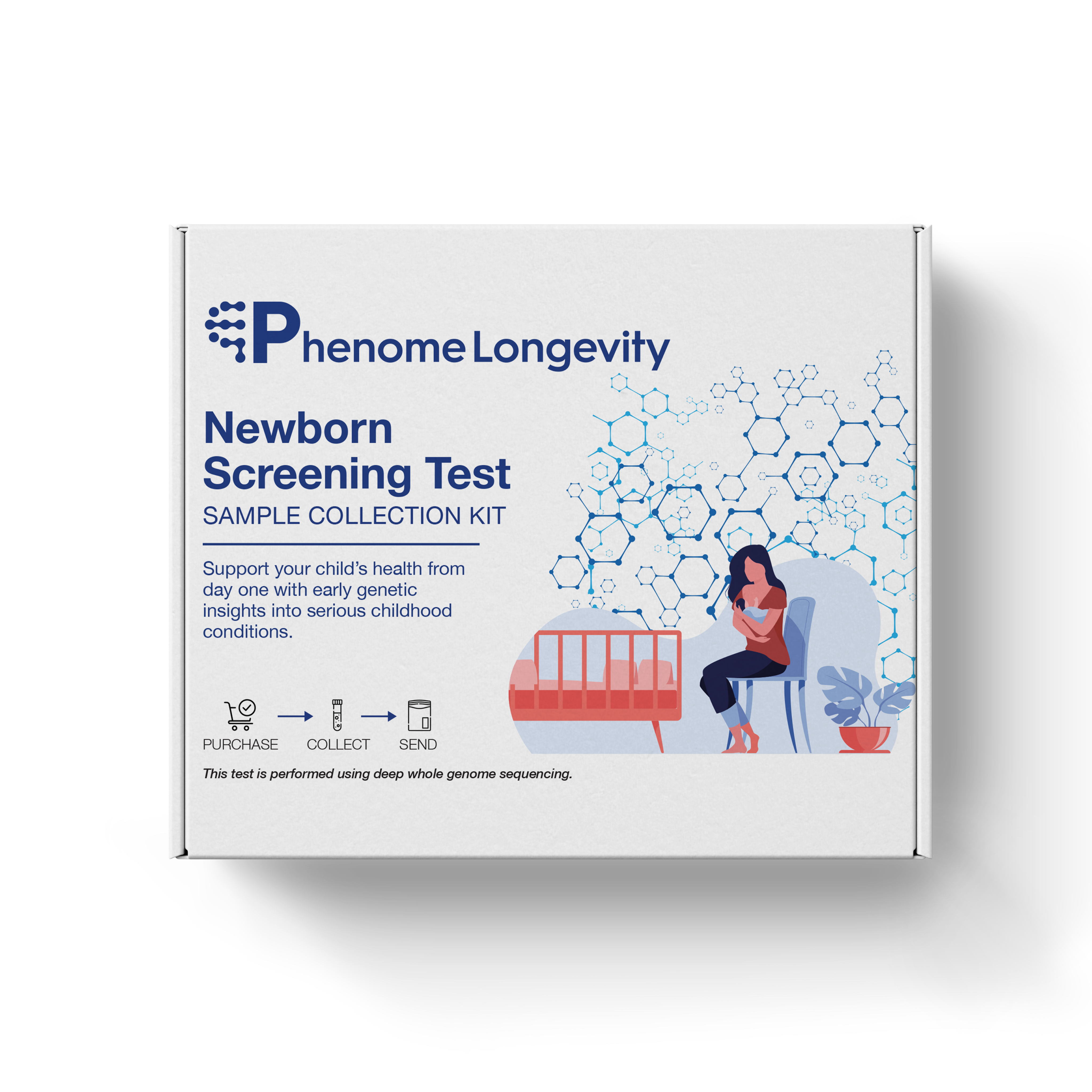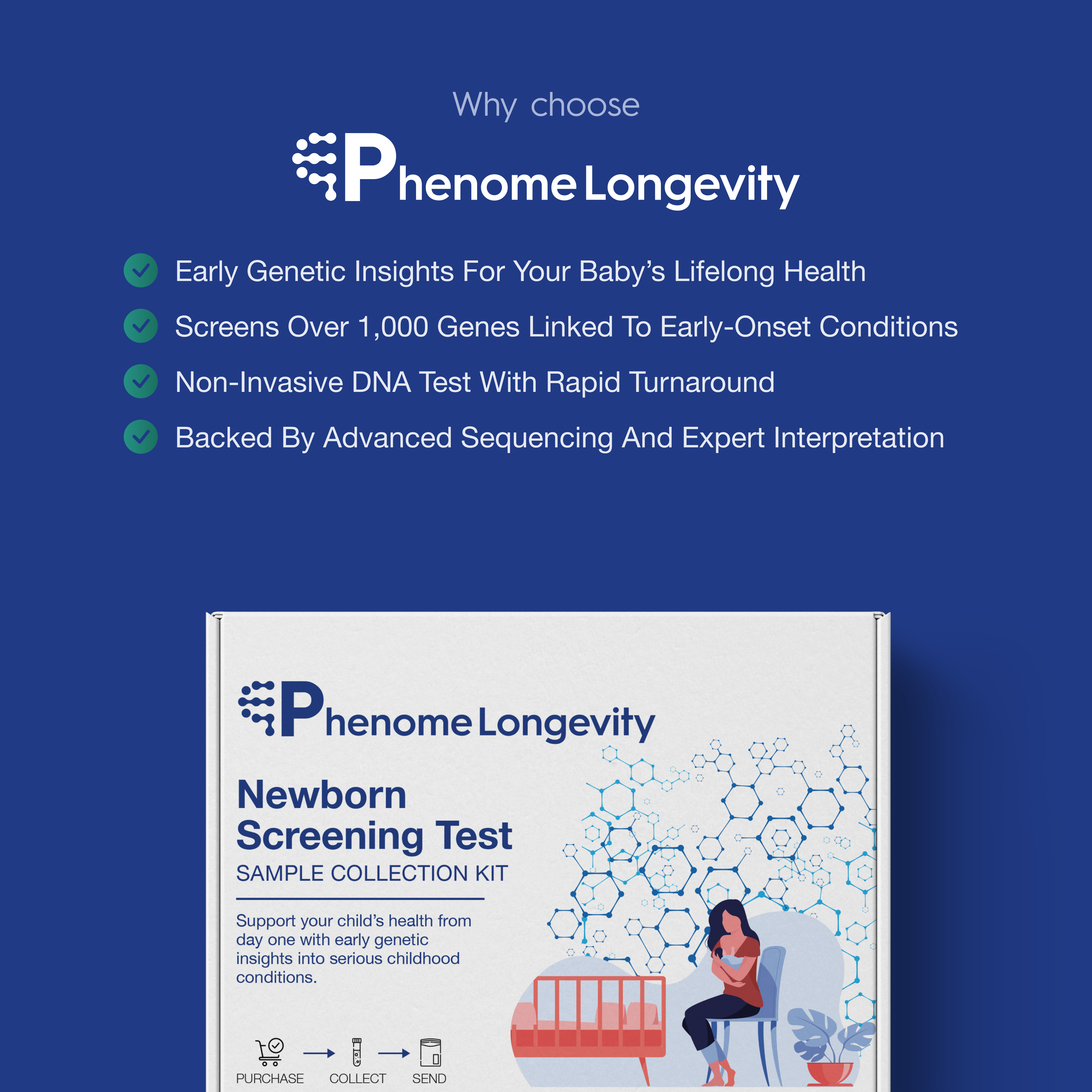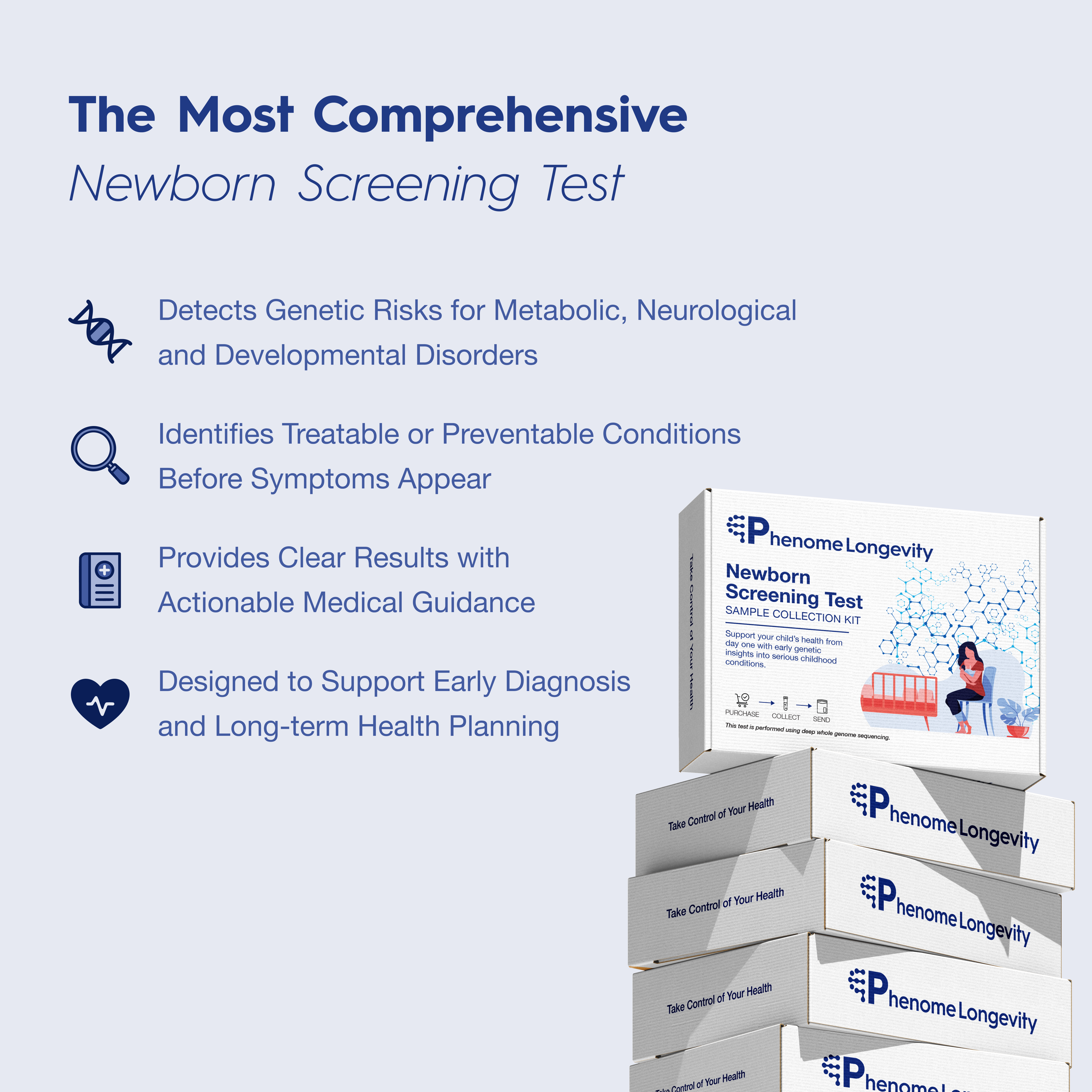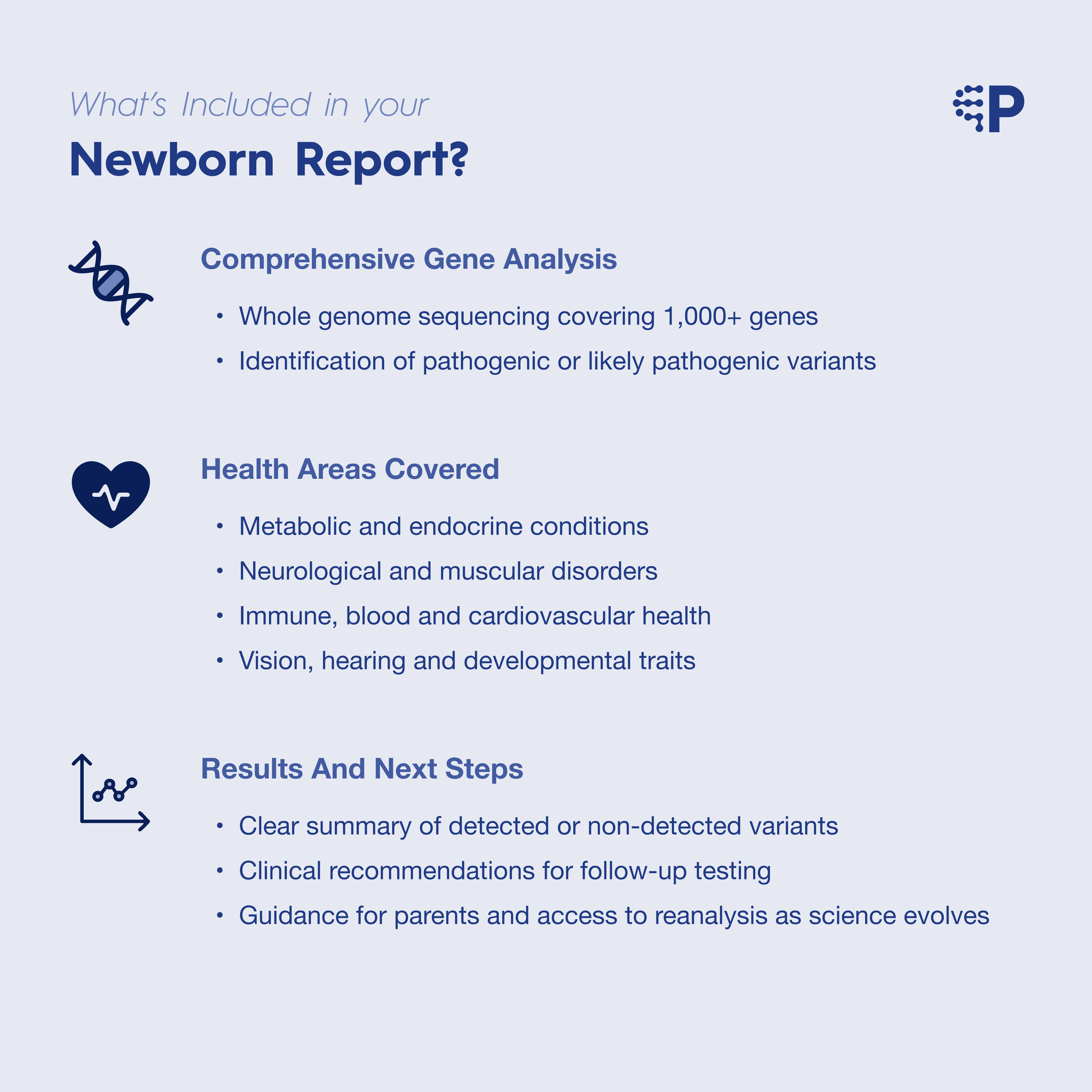Understanding Key Genetic Terms
Genotype
Phenotype
Single nucleotide polymorphism
Mitochondria
Muscle fibres
Epigenetics
Genotype
Your genotype refers to the complete set of genes that form the foundation of your biology. Each gene can have different versions, called alleles, which you inherit from your parents. These alleles influence how your body builds strength, processes nutrients, and adapts to external factors. Your genotype acts as the underlying code that defines how these processes are programmed.
Phenotype
Your phenotype is how your genes express themselves in real life. It reflects the interaction between your DNA, lifestyle, and environment. While your genotype provides the potential, your phenotype shows the outcome, such as your energy levels, endurance, or metabolic efficiency.
Single nucleotide polymorphism
An SNP, pronounced snip, is a tiny variation in a single letter of your DNA sequence. These subtle differences are what make each person biologically distinct. Some SNPs can influence nutrient absorption, inflammation, or how your body reacts to physical stress, giving valuable insight into your personal biology.
Mitochondria
Mitochondria are the power centres of your cells, converting food into usable energy. Their performance determines how efficiently your body produces energy and recovers after activity. Variations in mitochondrial genes can influence stamina, energy levels, and resistance to fatigue.
Muscle fibres
Muscle fibres are specialised cells that determine your physical performance. Fast-twitch fibres support explosive strength and speed, while slow-twitch fibres sustain endurance. Your genetic profile influences this balance, explaining why some bodies naturally adapt to strength training while others excel in endurance activities.
Epigenetics
Epigenetics explores how lifestyle and environment can influence how your genes function. Factors such as diet, sleep, and stress can alter the way genes are activated or silenced, without changing the DNA itself. It shows that biology is dynamic and responsive to the choices you make every day.


